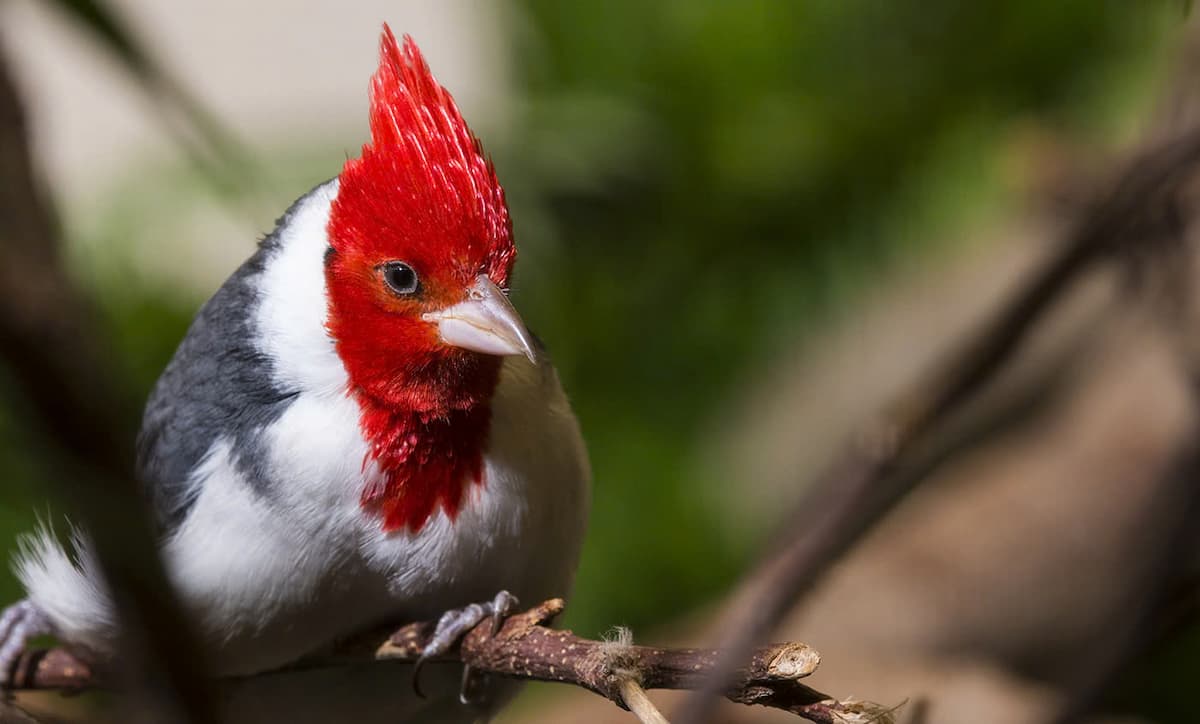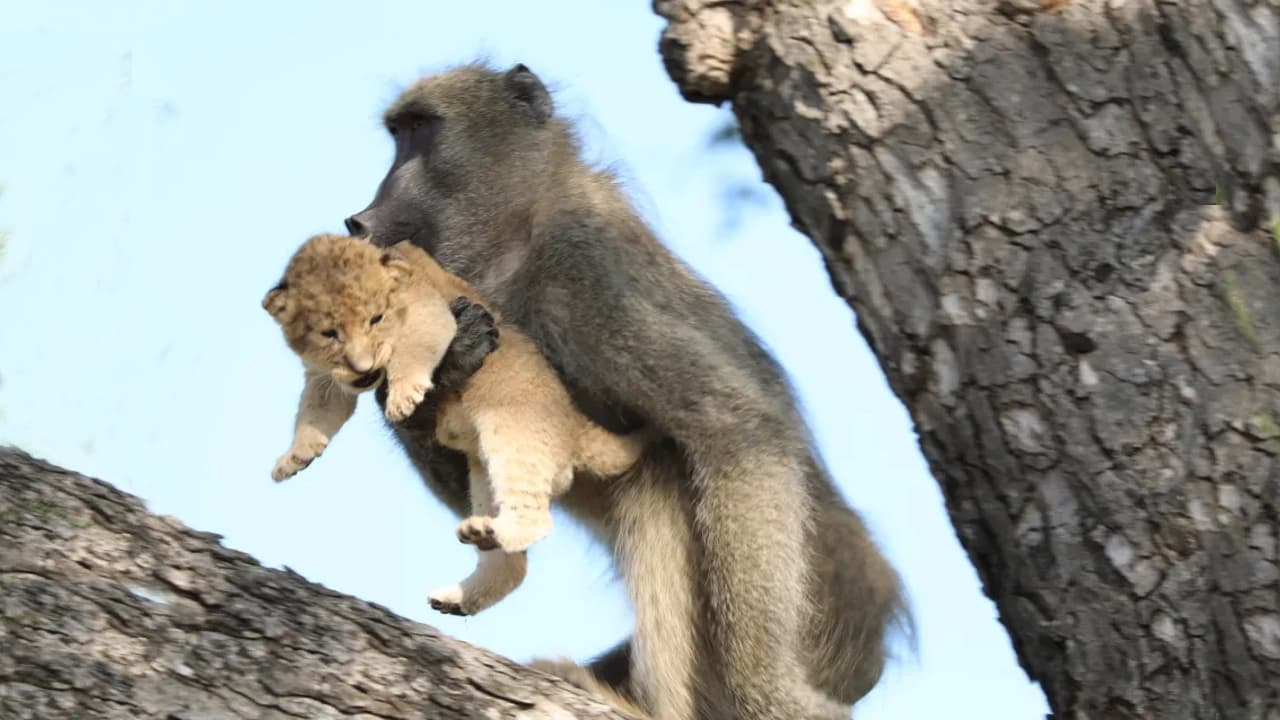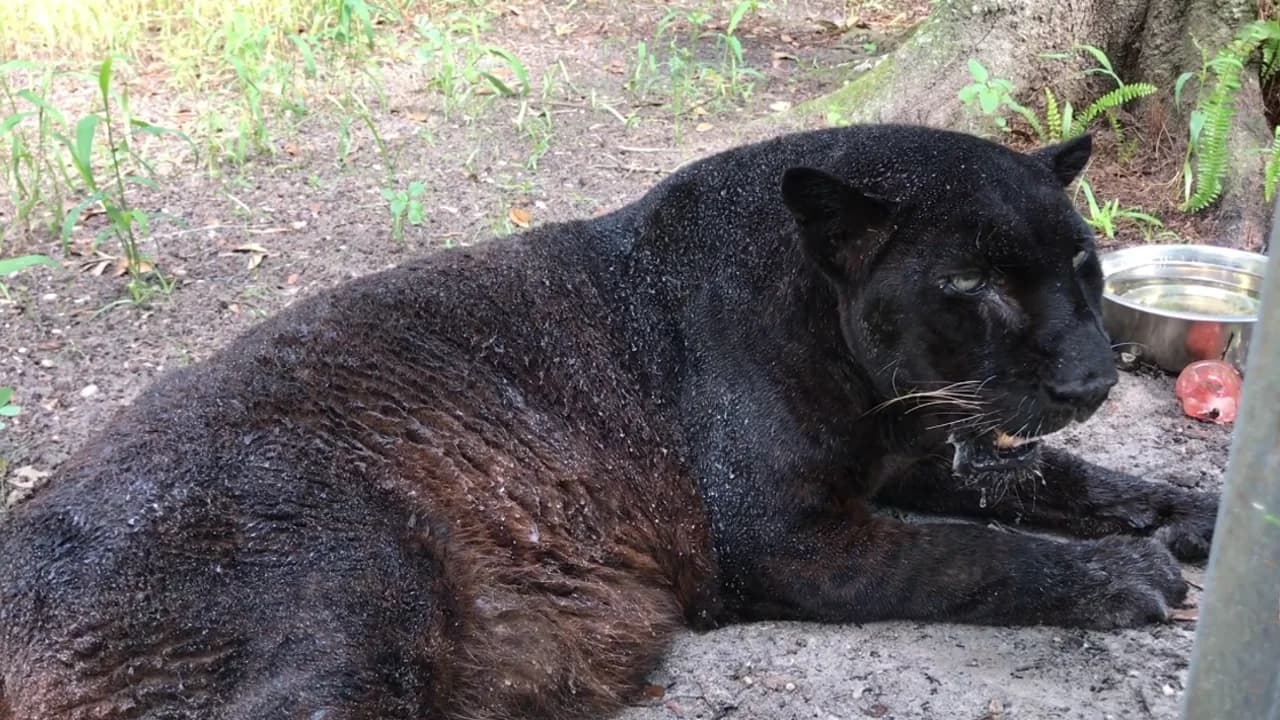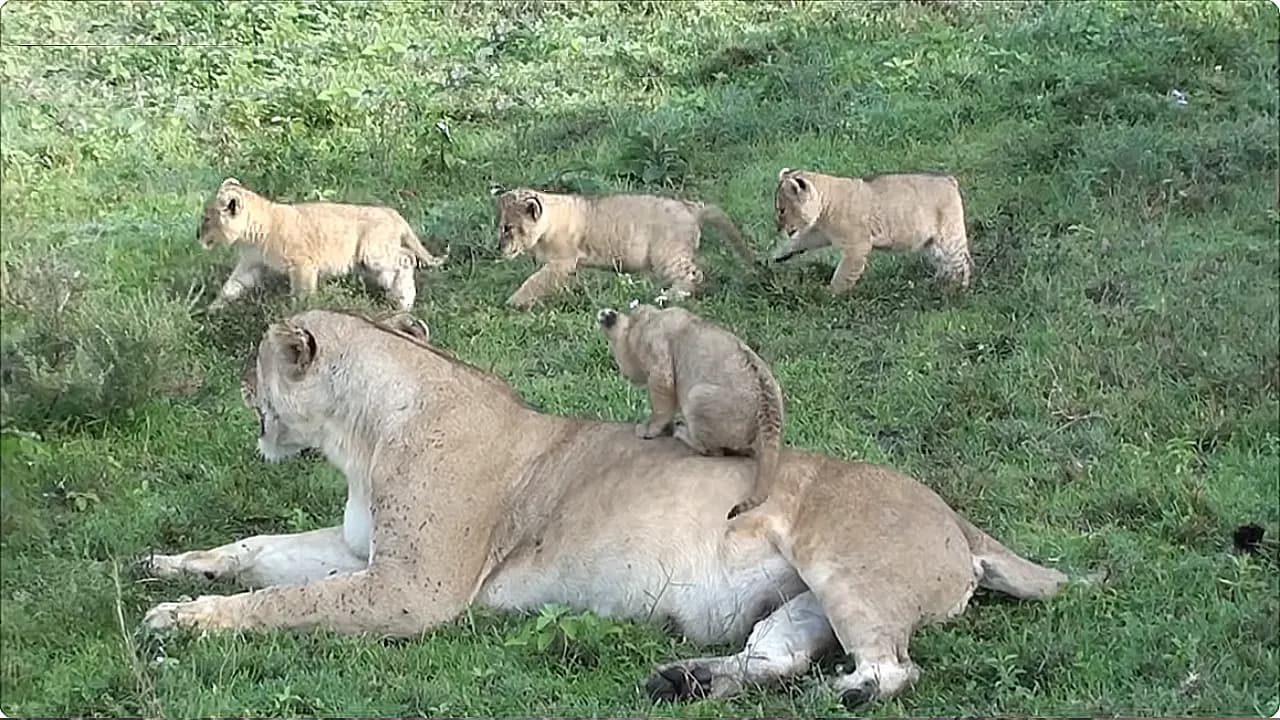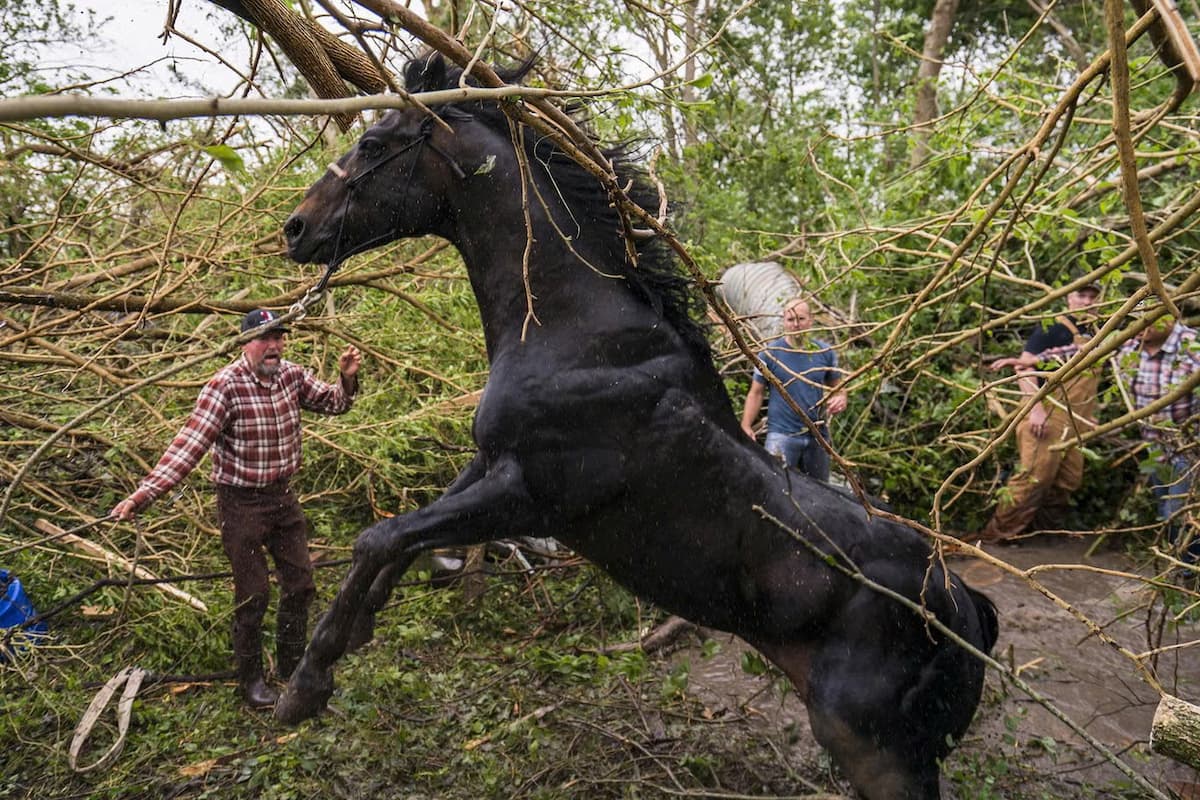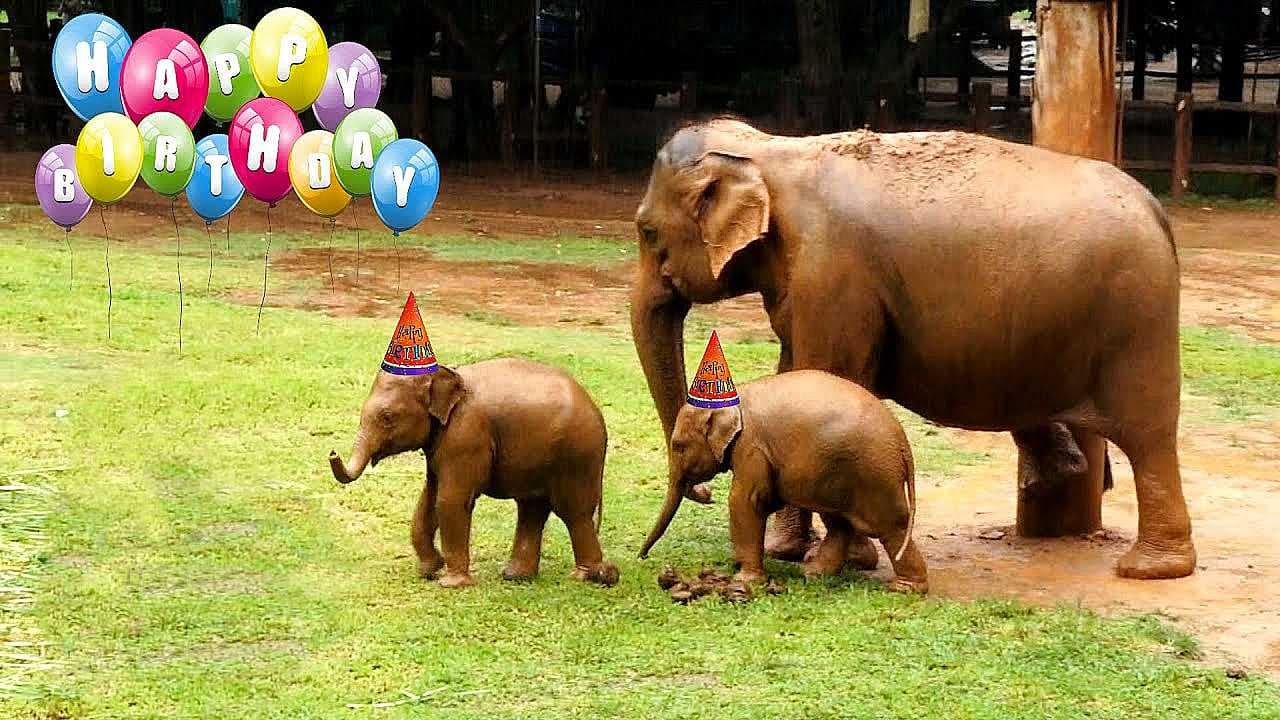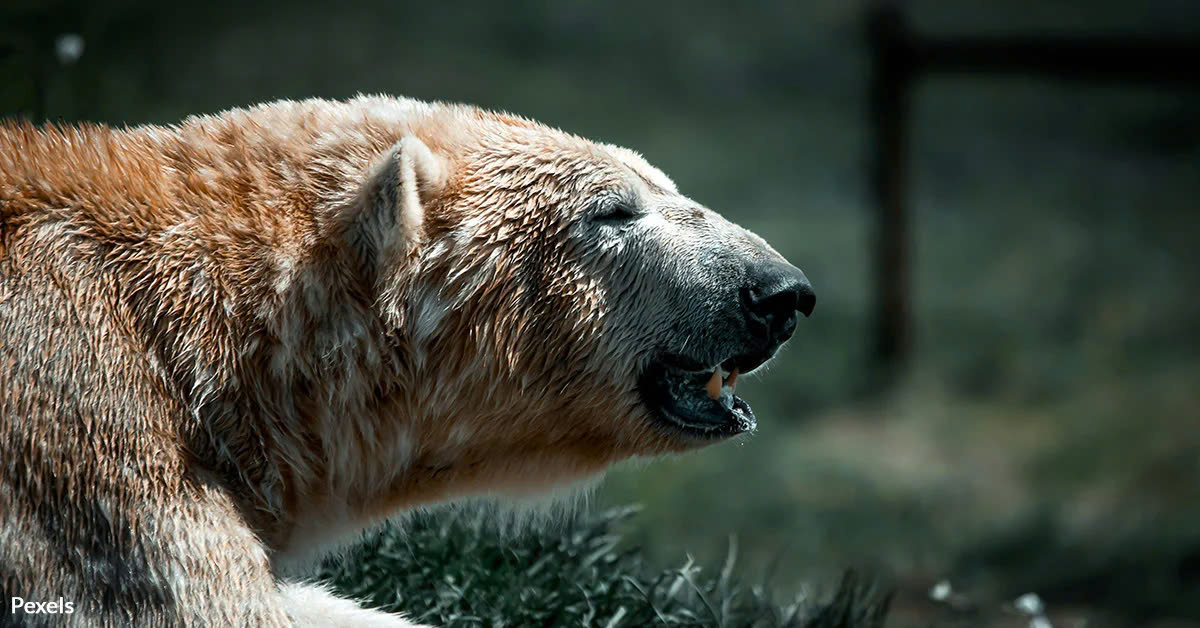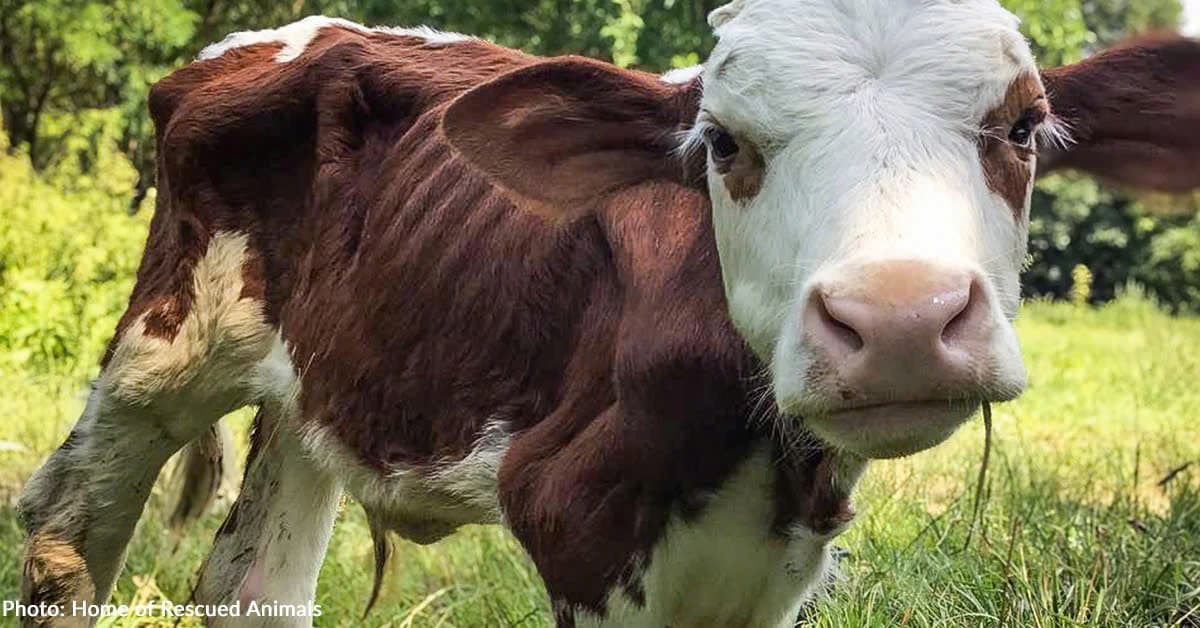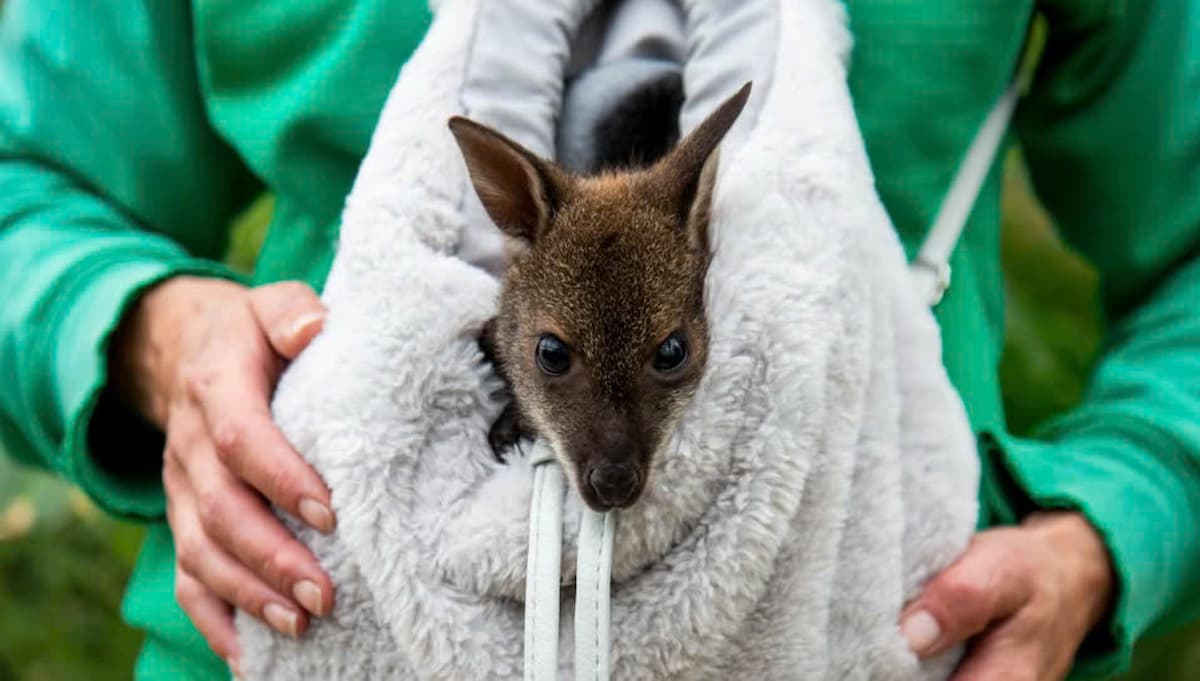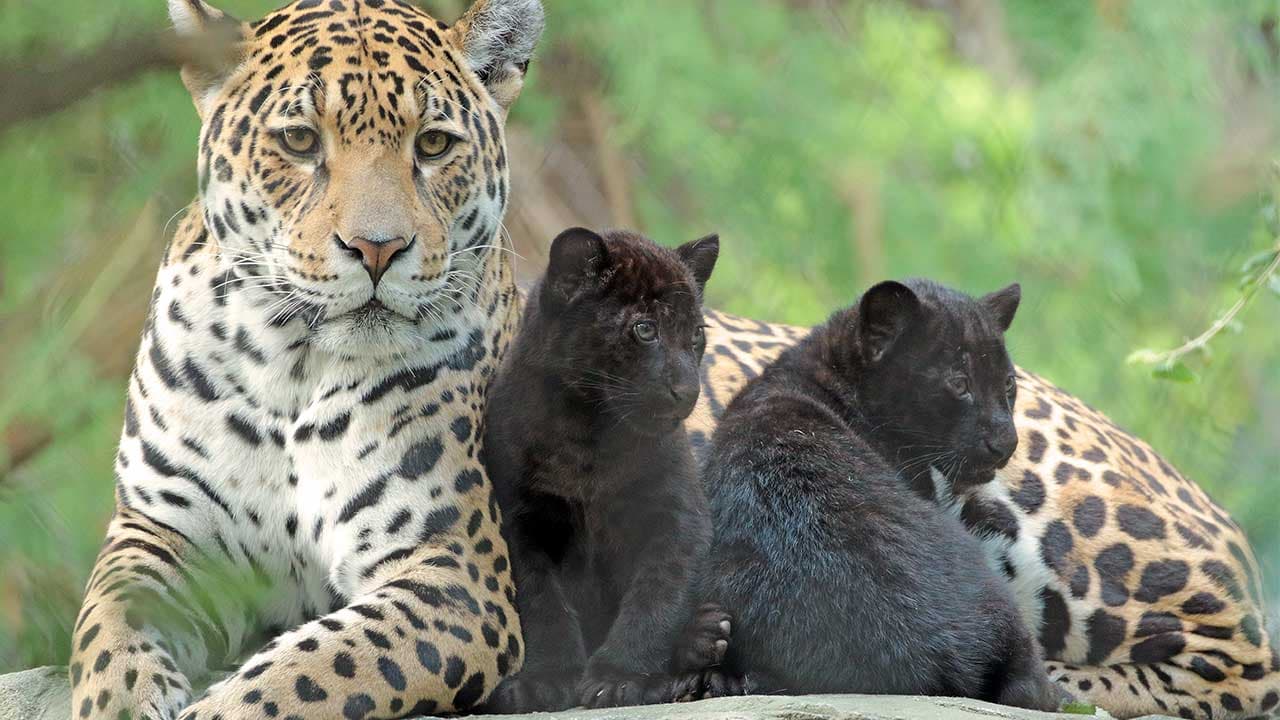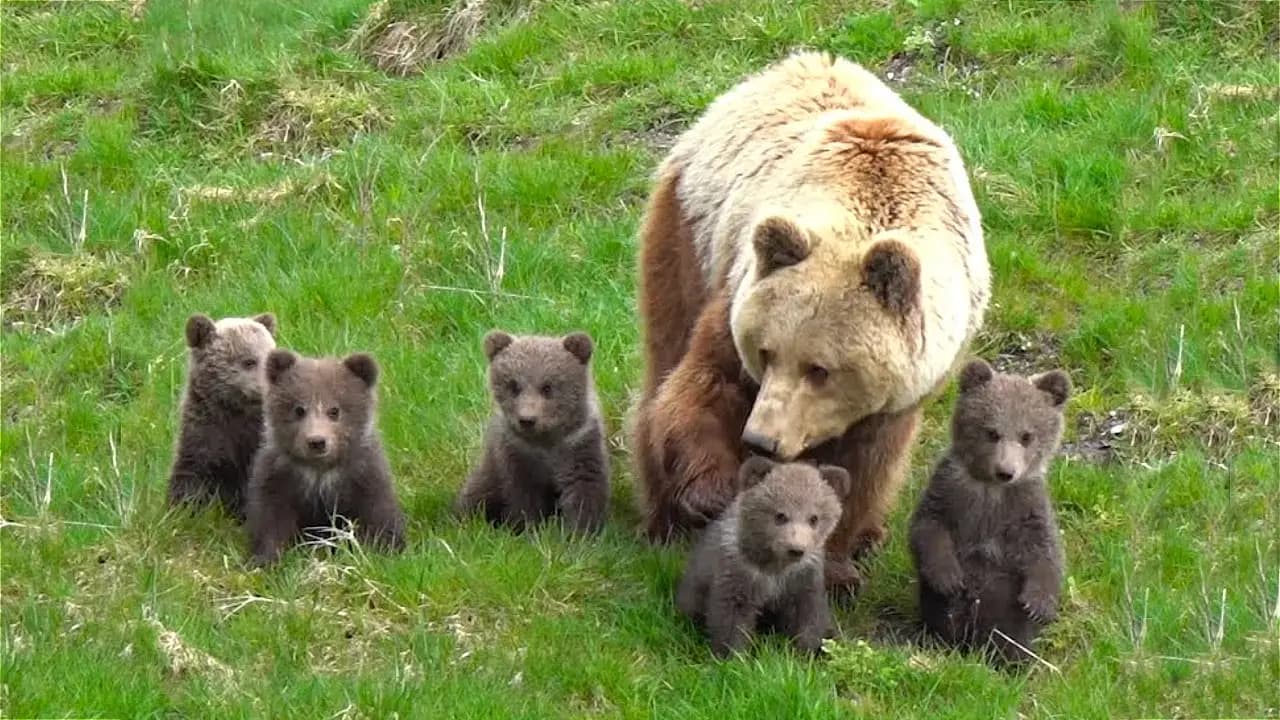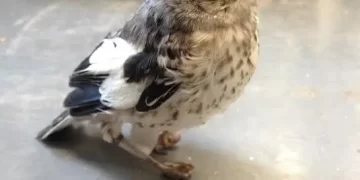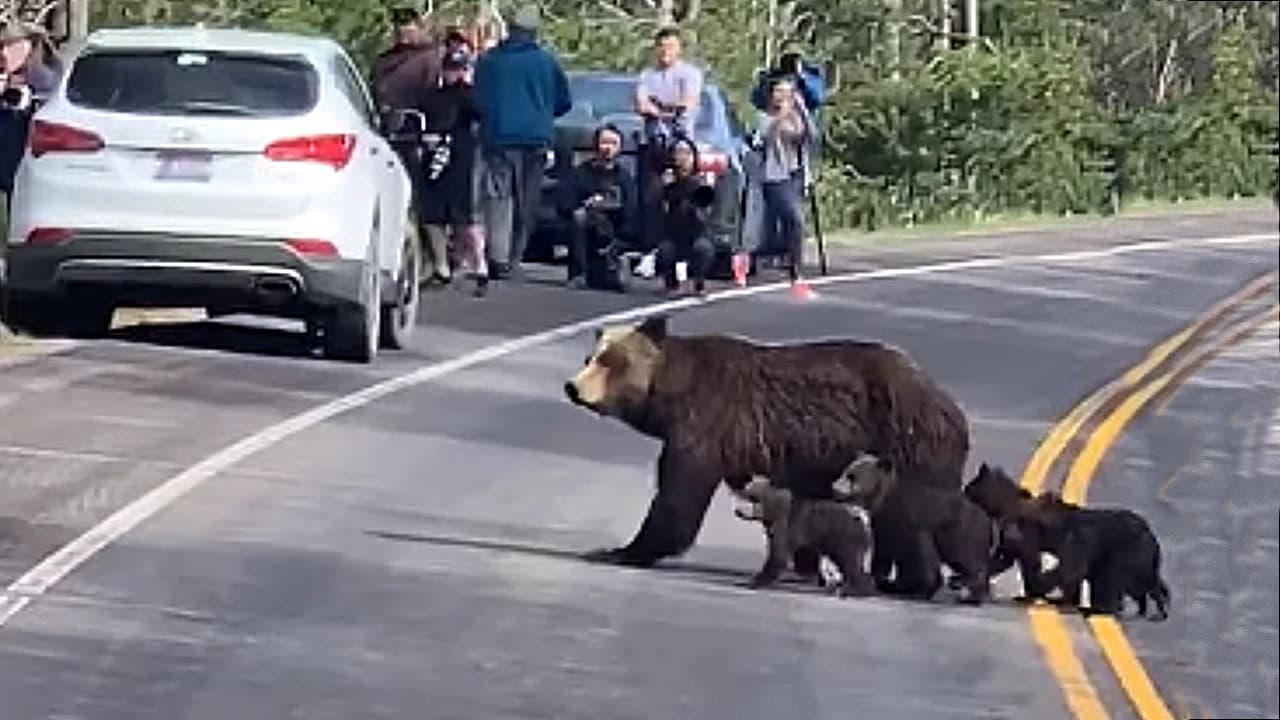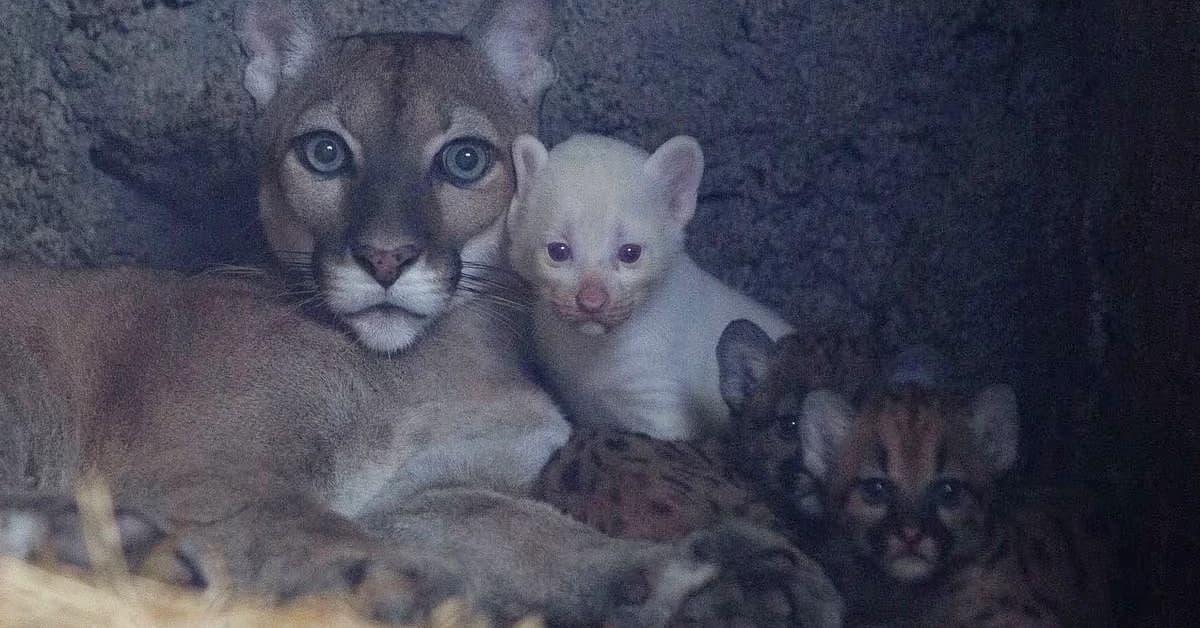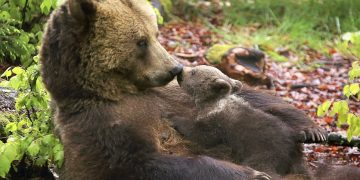In a heartwarming act of community compassion, the residents of Ampara, located in Sri Lanka’s Eastern Province, demonstrated incredible teamwork and empathy to rescue a four-month-old baby elephant that had fallen into a six-foot-deep well. The young elephant, part of a herd that frequently visits the area for water, had slipped and become trapped while trying to drink. What followed was an extraordinary example of human and animal coexistence.
The incident unfolded when villagers heard distressed cries echoing through the area. Following the sounds, they discovered the helpless calf stuck in the narrow confines of the well, its tiny frame struggling to find a way out. Recognizing the urgency of the situation, the villagers immediately contacted the Department of Forestry and Wildlife, seeking professional help. The department promptly dispatched a rescue team equipped to handle the delicate and challenging operation.
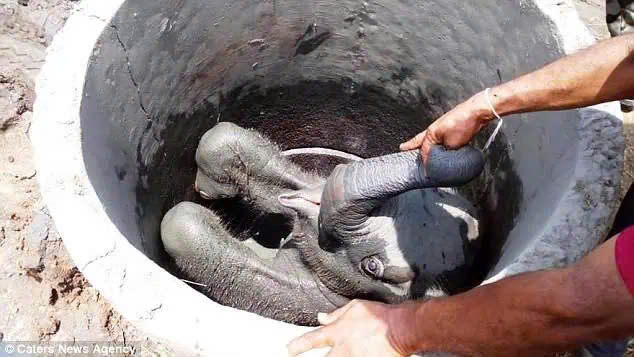
The rescue mission was anything but straightforward. The trapped calf’s herd, including its protective mother, had gathered nearby, creating a potential danger for the rescuers. Elephants, known for their strong familial bonds, can become defensive in such situations. To ensure the safety of both the rescue team and the calf, officials had to carefully and temporarily drive the herd away. The tension was palpable as the team worked tirelessly under the watchful eyes of the mother elephant, who remained close enough to observe every move.
Utilizing heavy machinery, including an excavator, the rescue team began digging around the well to widen the space and create an escape route. The well was reinforced with concrete slabs, which further complicated the operation. With precision and care, the team removed the slabs and gradually dug out the surrounding area, making room for the calf to be lifted to safety.
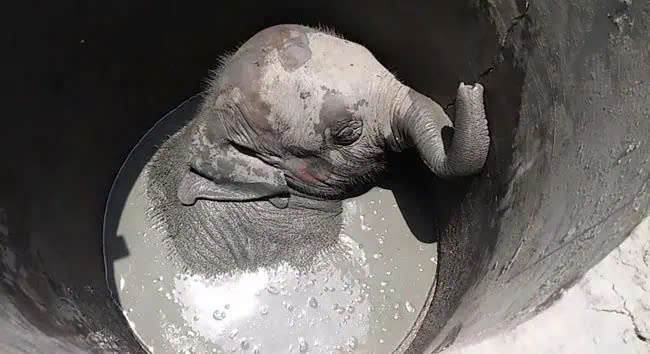
The rescue operation spanned over five long hours, with every moment demanding meticulous effort and unwavering determination. As the calf was finally lifted from the well, cheers erupted from the gathered crowd of villagers and rescuers. It was a moment of pure relief and joy, symbolizing the successful culmination of a community-driven effort to save an innocent life.
Samara Simha, a local resident who witnessed the entire event, explained the context of the situation: “The elephants often visit this area to drink water from the well. This calf, being part of a large herd, likely slipped and fell due to the high water levels in the well. It’s a reminder of how closely intertwined our lives are with these magnificent creatures.”
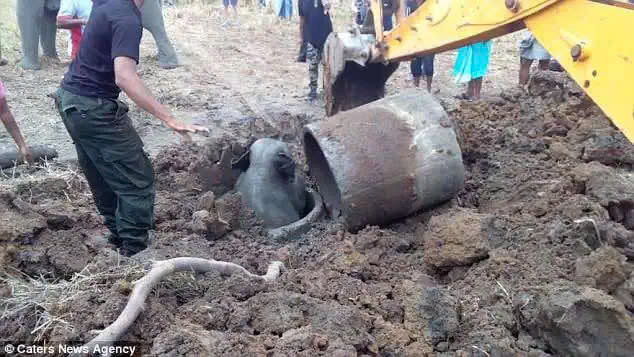
Once the calf was safely out of the well, the rescue team quickly attended to its injuries. They carefully washed its wounds and applied ointment to prevent infection. The calf, though shaken and exhausted, seemed to sense the care and attention it was receiving.
The reunion with its mother was a sight to behold. The mother elephant, who had been anxiously waiting nearby, approached cautiously as the team stepped aside. With a gentle nudge and soft trumpets, she reassured her calf, guiding it back toward the safety of the forest. The two elephants disappeared into the wilderness, their silhouettes framed by the evening light, as the villagers watched with a mixture of pride and relief.
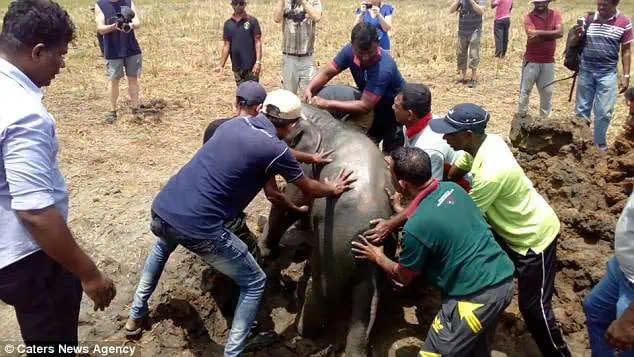
This rescue mission was more than just a display of technical skill—it was a testament to the profound bond between humans and wildlife in this region. The people of Ampara have long shared their land with elephants, often navigating the challenges of coexistence. This incident served as a powerful reminder of their shared responsibility to protect and respect the animals that roam freely in their midst.
For the villagers and the rescue team, the successful operation was not just a triumph of effort but also a reflection of the empathy and compassion that defines their community. In a world often marked by conflict between humans and wildlife, this story stands as a beacon of hope and a reminder of what can be achieved when we work together to protect the natural world.

